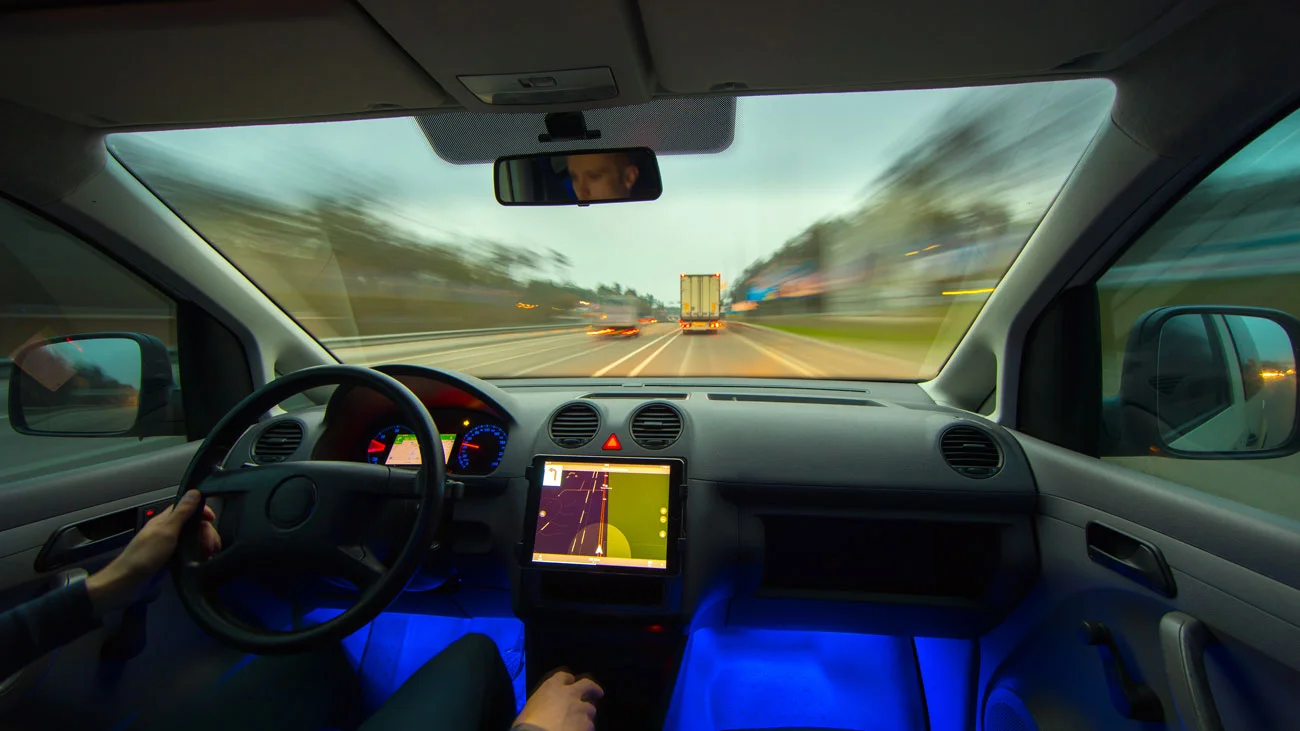As a technology enthusiast and an advocate for innovative transportation solutions, I’ve been closely monitoring Tesla’s recent recall. Over 2 million vehicles in the United States are being recalled due to safety concerns linked to the Autopilot software, specifically the Autosteer feature.
This development is not just a mere glitch; it’s a significant turn in the journey of autonomous driving technology.
Table des matières
Affected Models and the Software Fix
Nearly all Tesla models, including Model S (2012-2023), Model 3 (2017-2023), Model X (2016-2023), and Model Y (2020-2023), are impacted by this recall. Tesla’s proactive approach in developing a software patch, which will be automatically sent to all affected cars, is commendable.
This solution, which doesn’t require a visit to the dealership, aims to address the system’s ability to ensure driver attention while using Autopilot.
The Role of the National Highway Traffic Safety Administration (NHTSA)
The NHTSA’s investigation into 956 accidents where Autopilot was potentially in use brought this issue to light. They zeroed in on 322 collisions that might have resulted from the system’s unintentional disengagement.
The NHTSA’s findings indicate that in some scenarios, the Autopilot’s assisted driving feature could be misused, increasing the risk of a collision.
This raises concerns about driver engagement and control adequacy with the system.
Tesla’s Defensive Stance
In a statement, Tesla defended its Autopilot system, highlighting that safety measures are significantly stronger when Autopilot is engaged.
They cite that in the fourth quarter of 2022, there was one accident for every 4.85 million miles driven with Autopilot, compared to one accident per 1.40 million miles without it.
While Tesla acknowledges that the controls in place for Autopilot might not suffice to prevent misuse by the driver, they stand by their system’s overall safety record.
My Perspective
As a driver and a tech enthusiast, I understand the complexity of balancing innovation with safety. Autonomous driving technology, like Tesla’s Autopilot, is revolutionary, but it also comes with challenges.
This recall and update signify a necessary step in the evolution of autonomous vehicles. It highlights the importance of continuous improvement and responsiveness to safety concerns in this rapidly advancing field.
Moving Forward
The recall and the subsequent software update integrating additional commands, visual warnings, and potential suspension of the Autosteer function, if the driver fails to demonstrate continuous responsibility, are crucial steps.
They show Tesla’s commitment to safety and its willingness to adapt and enhance its systems.
This recall is a pivotal moment in the journey towards fully autonomous driving.
It serves as a reminder that with great technological advancements come great responsibilities. As we embrace these innovations, staying informed, cautious, and adaptive is essential to ensure that we navigate the road ahead safely and responsibly.

